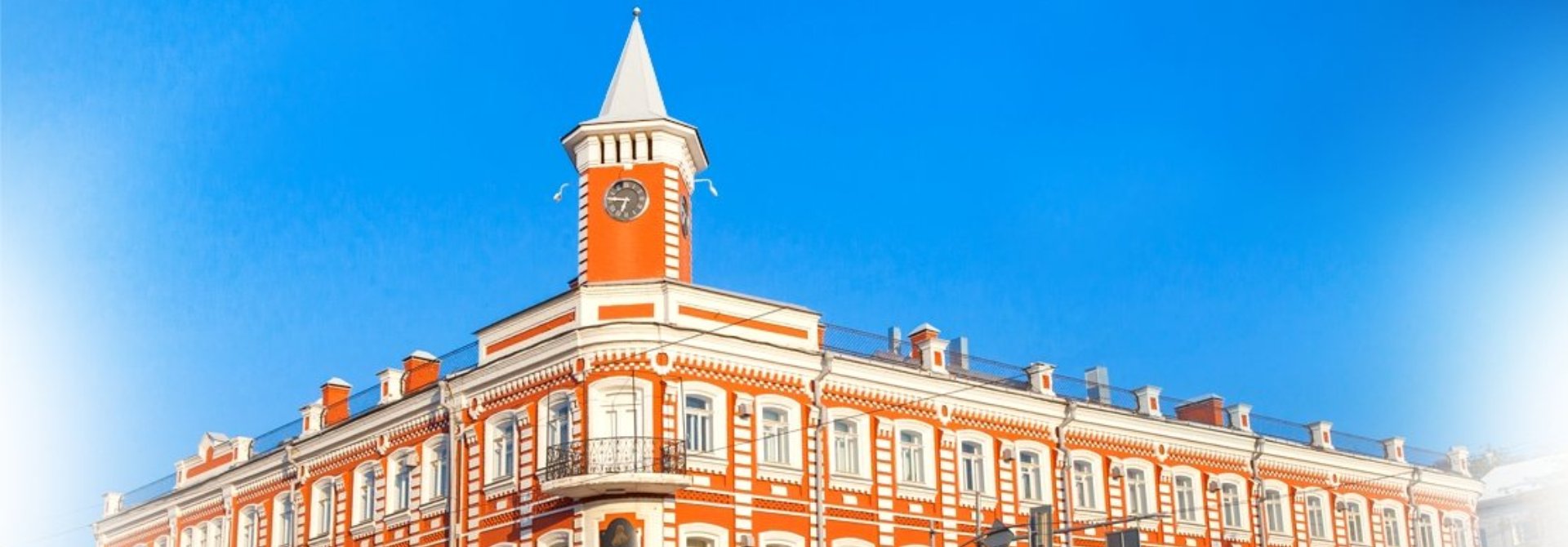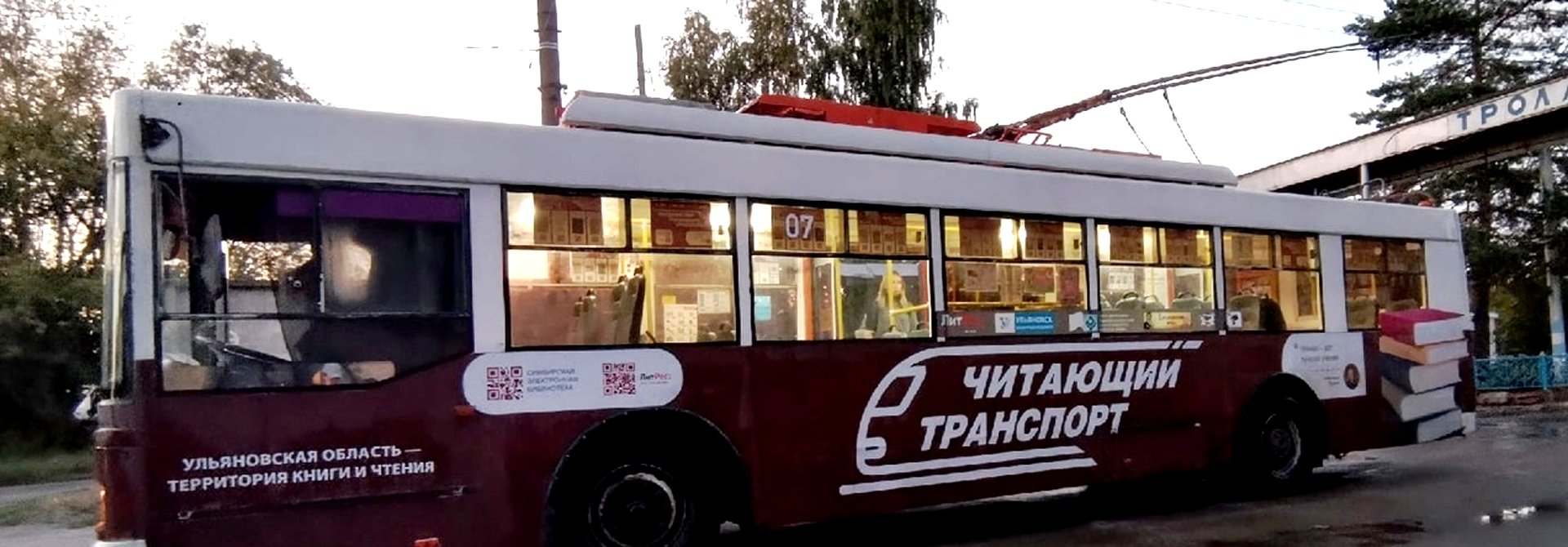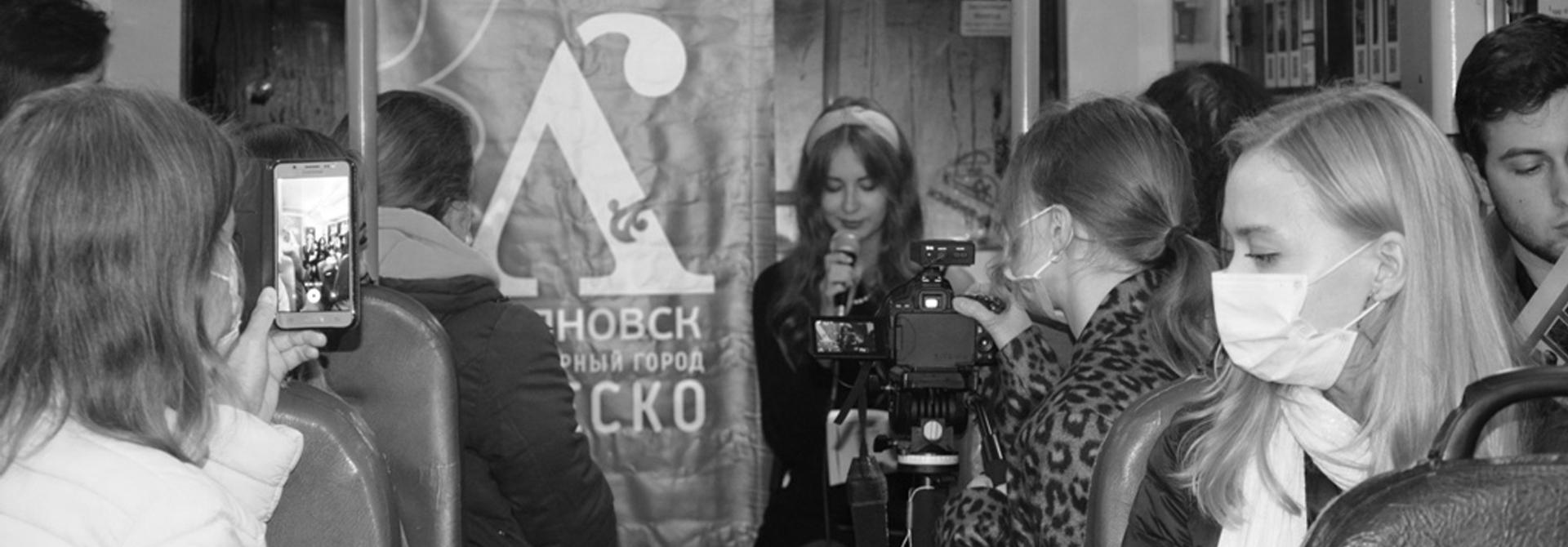
In June, the Slovenian author and editor Andrey Hochevar worked in the writer's residence under the program "Ulyanovsk - UNESCO City of Literature". Here he wrote a series of poems, as well as a report on the social aspects of literature. We publish excerpts from this poetic series and reportage translated by Zhanna Perkovskaya. The full report of the author will be published later in the Slovenian literary magazine LUD.
Poems from the poetic series "Question"
1
these are painful questions
no one around
who will hear them
hurt space crashing there
where anyone could stand
and talk about their four children
daughters and sons
But they have already grown up, moved out
eyelids were given out to their eyes
curtains
a house is empty
they gave out their mouth to their teeth
in the mouth white teeth grew white tablecloths
sheets
hidden in closets
folded like elastic dough
layers bend the darkness
rabbits are about to start in the folds
their red eyes twinkle ominously at night
this light is noticeable
only from a distance
merges with the light
from windows
houses



2
man throws himself on the floor
he has the answers
he talks about shaking hands
is talking
friendship always
spit in the history of power
supremacy
their hands pull like a doorknob
how to transfer the soul, if it is not
do you believe
asks
creates the soul and looks into it
counts water lilies
doesn't miss a letter
does not forgive lies
there is no mistake in his words
he carries earth in his pockets
knows
salvation won't come
along the river if it is not in the shower
sends young men on guard
they already know how to go
from one side to the other
get up on the pitcher
the woman has the answers
water lilies
thinks
understanding
don't hit
understanding will express tears
following the blows
shifts are barely noticeable
weave into bottom roots
the plane pierces the clouds
pitchfork full



3
the city is deaf
city sold out
builds a house over the house
bridge over the church temple over the bridge
the square is like the shamelessness of the plain
paved with hope
over hate
space for people comes by mistake
dead zone seismic shift
the exile can stretch his legs
question patches on shoes
on which it stands
real friendship
the voice is calling come and in your thoughts
stop
repeats we all know repeats we know
we are interested in answers
the more there are, the more they are at the same time
answer our question
you will have a roof
glass paper bronze
so as not to be too raucous
it was heard as if it were not speaking in the mouth
heart
bites in the mouth
heart
crushes teeth
for an eye
language for
teeth
language
weighs two tons
click




Excerpts from the report
Lenin, Goncharov, Karamzin - each of these names is somehow connected with the city. These are just some of the ghosts of history that make up the mosaic of contemporary Russian society and its mysterious dialectic of overlap and unfoldment. By the will of Lenin and as a result of the desire to plant atheism in Ulyanovsk, there were almost no churches left, a huge memorial complex in the city center simply crossed out and covered the streets and houses that existed here, with the exception of two - of course, associated with Lenin's youth.

Impressive Soviet architecture thus crushed the traditions of the old world, but this entire ensemble was faced with a surprising paradox: Lenin's house - or rather, the entire part of the city, which, along with many other museums, is dedicated to his life - is actually not a reminder of the revolution and the Soviet era, but a monument to the turn of the 19th century, a foreign body that maintains a connection with ancient Simbirsk, a strategically important trading center on the river, which was once assigned an exceptionally important role, and only brings more confusion when official concepts of history change, and most of all, this is felt not just anywhere, but in the Park of Friendship of Peoples.




***
In recent decades, experts have been intensively studying the specifics of the development of the Russian middle class and the question of whether it exists at all. N resolutely answered me that there is no middle class in Russia, while Sergey believes that it actually exists, but is limited to a very thin layer, and Dima just shook his head and crossed his arms.

Stanislavsky said that at some point, according to official instructions, his theater was practically closed to the intelligentsia - immediately after the revolution, and the hall was filled with people who had never been to the theater before. “We had to start from the very beginning, teach the new audience to sit quietly, not to talk, to come to the theater on time, not to smoke, not to chew nuts, not to bring food to the theater,” he says, mentioning that he sometimes had to in the midst of a performance, to come to the fore in order to address the people, and the ruder, the more intelligible it was.

One of the goals of the October Revolution of 1917 was the elimination of the existing class structure, so in the Soviet period there could not be a middle class as such, at least it could not be called that way. However, according to some (Rudov), the urban mentality of the pre-revolutionary period was partially preserved. There are at least two diametrically opposed expert opinions regarding the development of the Russian middle class. On the one hand, in Soviet times it was as if it did not exist, so there was a classless system, or a society without class antagonisms, so it must be created anew. On the other hand, on the contrary, it existed not only before the revolution, but also during the Soviet period, thanks to which today's middle class has inherited at least some characteristics. In general, it was the emergence of the middle class that was usually understood as one of the indicators of the transition from socialism to capitalism; In the 1990s, there was practically no middle class in Russia, and now, if you look at economic criteria, its number is no more than 20%, and according to a subjective criterion, all 40%. (Hayashi). According to some sources (Shankin), the Russian middle class is nothing but a phantom, a Loch Ness monster.

Common to all discussions is that the Russian middle class is referred to as a (sociopolitical or anthropological) problem, mainly related primarily to the reasons hindering its growth. Nevertheless, the consolidation of the middle class is not only the goal of current politics, but is also burdened with an ideological responsibility for the well-being of the future (as it once applied to the working class), although it was this class that was at the same time deprived of the opportunity to realize its own hopes. Thus, the progress that the middle class was supposed to be the bearer of, so to speak, passed by him, when post-transitional social differences intensified, first of all, in favor of those few rich people, who undermined the basic values of the middle class, since their success many associated with fraud, especially if we consider fortunes made not in the process of development, but in a crisis.

Photo by Andrey Khochevar




